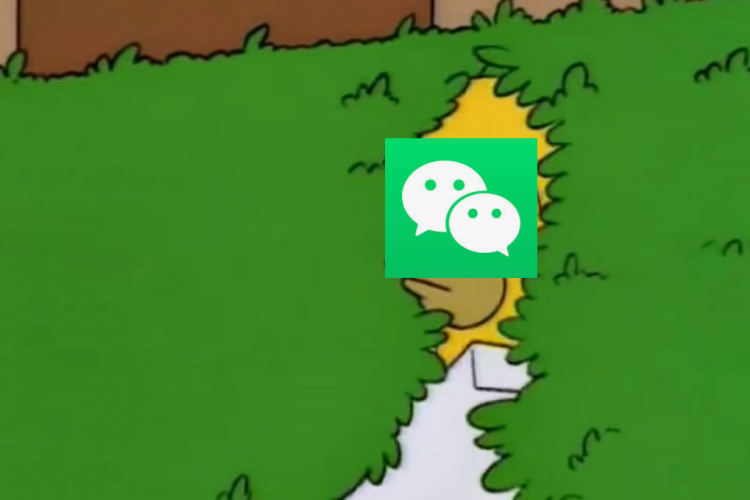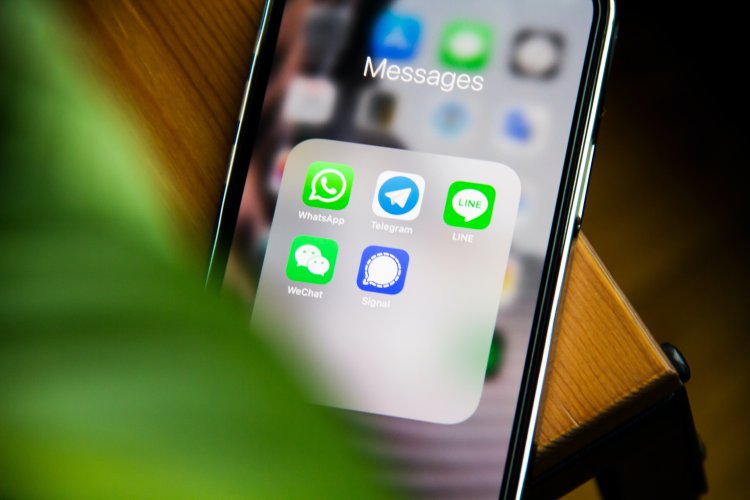WeChat Allows Stickers on Moments, Immediately Regrets It
Just like the Western religious holiday that it coincided with, the latest WeChat feature came and went almost in the blink of an eye.
If you weren't one of the lucky ones enjoying a day off work yesterday, distracting yourself with booze and Christmas cheer, you might have noticed that your WeChat moments feed was suddenly flooded with animations. For a brief while, it was possible to augment a standard comment with not only cute emoticons also but stickers and gifs from your carefully curated collection of lolz.
The feature was heartily adopted by users, who rejoiced in the freedom of no longer needing to express themselves with actual words. The move brought the nature of public comments in line with the language of their private chats: after all, WeChat users have long relied upon the strange non-language of gifs – what you get when you blitz decades of our post-modern Internet culture into a confusing cultural smoothie and shoot it back out as tiny video fragments – that somehow convey thoughts and feelings that transcend both language and generational divides.

Yet almost as abruptly as it was introduced, the feature was recalled. While no official reason for the recall has been given, it might as well have been this: "Porn. So. Much. Porn."
Pornographic stickers have long been the quarry of WeChat group message censors, but as they contain neither keywords or phrases, they are difficult to censor via the usual means and continue to be shared and used in private groups. They proved exactly as difficult to censor on Moments, and in retrospect, it raises the question as to why Tencent thought that allow stickers on the relatively public forum of Moments would be a good idea in the first place.
This isn't the only public balls-up by the messaging platform in recent times. On Tuesday, Dec 16, users discovered that the app's inbuilt translation function was 'translating' the emoticon of various flags of the world into random phrases. The most notable example was the Canadian flag, which was translated into "He's in prison." The same phrase was returned when translating the flag of Panama, while Afghanistan transformed into "middle of nowhere."
While it's unknown whether the flag snafu was caused by a bug, in light of the deterioration between Canada and China, sparked by the now year-long imprisonment of Huawei CFO Meng Wanzhou in Canada, and the subsequent detention of two Canadian citizens in Beijing on vague national security charges, which many considered tit-for-tat retaliation, some commenters have raised the suggestion that it has more sinister implications.
READ: The Tech that Excited and Terrified Us in 2019
Images: Giphy, Mina Yan







